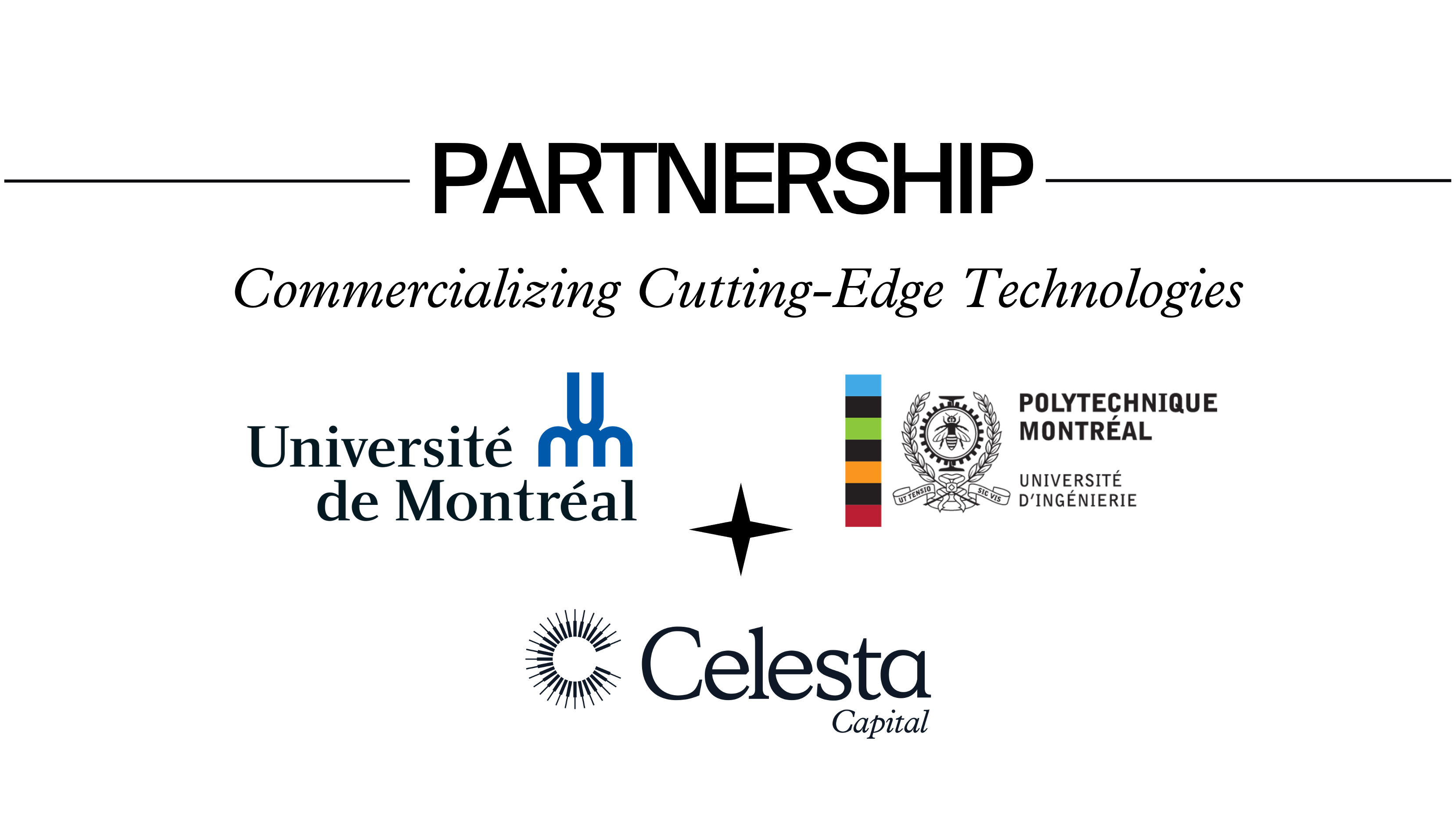Tech Leaders to Know: Exostellar Founder Hakim Weatherspoon
Tech Leaders to Know: Exostellar Founder Hakim Weatherspoon
Hakim Weatherspoon is a Co-Founder and CEO at Exostellar. He is also a Computer Science Professor at Cornell University. He received his Ph.D. from UC Berkeley and is credited for developing the foundation for cloud storage through a paper published in 2000. He received the 2018 ACM ASPLOS most influential paper award and was a PAC-10 football conference champion from University of Washington in 1995.

Hakim Weatherspoon is a Co-Founder and CEO at Exostellar. He is also a Computer Science Professor at Cornell University. He received his Ph.D. from UC Berkeley and is credited for developing the foundation for cloud storage through a paper published in 2000. He received the 2018 ACM ASPLOS most influential paper award and was a PAC-10 football conference champion from University of Washington in 1995.
What is your focus at Exostellar?
Exostellar is a cloud resource optimization company. That means we help our customers manage their cloud as efficiently as possible. We are at a low level of the software stack and can literally move not just the application, but the entire virtual server around to help the customer optimize for the needs of their business. That's how we help companies lower their cloud costs by a factor of two, three, even four times!
How is Exostellar technology different than current solutions on the market?
Exostellar provides a layer of virtualization and control for cloud-based applications giving companies more agility, flexibility, and cost savings as they manage their cloud infrastructure. A lot of companies have challenging applications – such as those in the high-performance computing space, electronic design, automation, chip design, scientific computing, or analytics. These applications are very resource-intensive and use a lot of memory and computational resources. They can consume 100 CPU cores or more. That means they run for a long time and build up a lot of history and state – and if they die, you lose a lot (results, time, money), so you definitely don't want them to go down.
We're able to take those applications and seamlessly and transparently move them around without stopping or pausing them. By using the cloud more efficiently, we can help companies substantially save on costs, or provide more capacity on the same budget. That's why our customers are excited. No other company in the cloud can offer that today.
What are the core problems you solve for your customers?
I like to say that in the 90s, you had a problem where you had a single server and a single application. The application ran at 5% utilization, so you wasted 95% of the server. Then VMware came along to allow businesses to virtualize the application and server, enabling consolidation and the ability to get up to 60%, 70%, 80%, 90% resource utilization.
But when businesses move to the cloud, they lose that ability. You cannot, as a user, dynamically move your applications and consolidate them, or operate them most efficiently in the cloud like you could with VMware on premise. The innovation that we do is we essentially allow a VMware-type of control and agility in the cloud despite not owning the underlying physical machine (you are given a *virtual* machine in the cloud). VMWare-style agility and control requires access to the physical machine. We virtualize the virtual machine yet again; nested virtualization without requiring access to the physical machine.
“We fully embrace elasticity and flexibility for the user, and that's what excites us. What you see here is a technology that enables people to fully control their entire environment and take their cloud performance to the next level.”
What is your long-term vision for Exostellar?
What we want to do is democratize the cloud. My co-founders and I have been working on this for over a decade, almost 15 years. We believe the cloud is evolving into a commodity and users will want to be able to use any cloud interchangeably. What we have is a technology that enables companies to control their entire cloud environment more fully, which offers a lot of great potential benefits in terms of flexibility, speed to market, security, and, of course, reduced costs.
What exciting things are happening in the business and/or what do you guys have on the roadmap coming up?
We closed our series A in November and more recently have established a partnership with Synopsys, the largest provider of semiconductor software in the world. If a company designs semiconductors, they likely use Synopsys software.
Our agreement with Synopsys will allow them to embed our technology within their tool stack so that people can run the same reliable Synopsys tool they're used to, but they can now add Exostellar technology to run it at a fraction of the costs. They were interested to partner with us because chip design software tools are very expensive to run in the cloud. Lowering the costs helps their customers afford more cloud infrastructure and tool licenses, reducing their customers time to tape out and production of new chip designs.
Tell us about your transition from professor and researcher at Cornell to tech startup founder?
I was actually surprised at how much preparation I had in some sense because, as a professor, you're always selling. You're selling ideas. You're selling concepts that haven’t been achieved yet. Whether it’s a lecture, grant application, research paper, thesis – you’re very often pitching a new hypothesis or idea to contribute something into the body of knowledge.
In the startup world, it's very much the same idea. A lot of it is you're selling an idea. You're selling an idea to investors, customers, early design partners, or early employees. The difference is you’re taking a proof of concept you’ve built in the lab and now you’re translating it into industry and proving it can work at scale. In this context you not only need to be successful at selling an idea, but also demonstrating that it provides value out in industry.
In that sense, it’s really been interesting that a lot of what we have done in academia lends itself, and I would say it brings a unique perspective to industry.
How do you think investors can best support an early-stage founder?
For many founders from a scientific and engineering background, we have a deep understanding of the technology. Where we often need help is in complementing our strengths and filling in the knowledge gaps around creating a product, and building a successful business and team. Creating an executive team that can execute on a plan and a vision is critical, and you need some level of experience in that. That's where the investors and advisors help us immensely.
We have this technology that is broadly applicable to anybody – everybody wants to reduce their cloud spending. But how do you best package the product? How do you best take it to market? How do you get customers to understand the value? Having investors like Nic Brathwaite and Lip-Bu Tan who have gone through that process so many times has been key to this next stage in our journey.
What advice would you give to a young entrepreneur?
I would encourage them to not feel rushed to enter the commercial world in lieu of spending time on building deep subject matter expertise within academia. I may be biased, but I'm pro-education. I like to see people be deep experts in their chosen field or technology. It does not mean that everyone has to get a PhD – but the definition of a PhD is that you have done something new and contributed new knowledge of some kind to the world.
Once you have that depth of knowledge, or perhaps even a compelling technology with commercial potential, you can always continue the progression and transition into industry. In fact, you then are the best person to see if you can make that technology successful in the marketplace. And your earned credentials will lend a great deal of credibility as you pursue commercialization of your big idea. You still have to surround yourself with people who have experience in the industry, of course. But at the same time, you will have built your own unique and valuable perspective to add.







